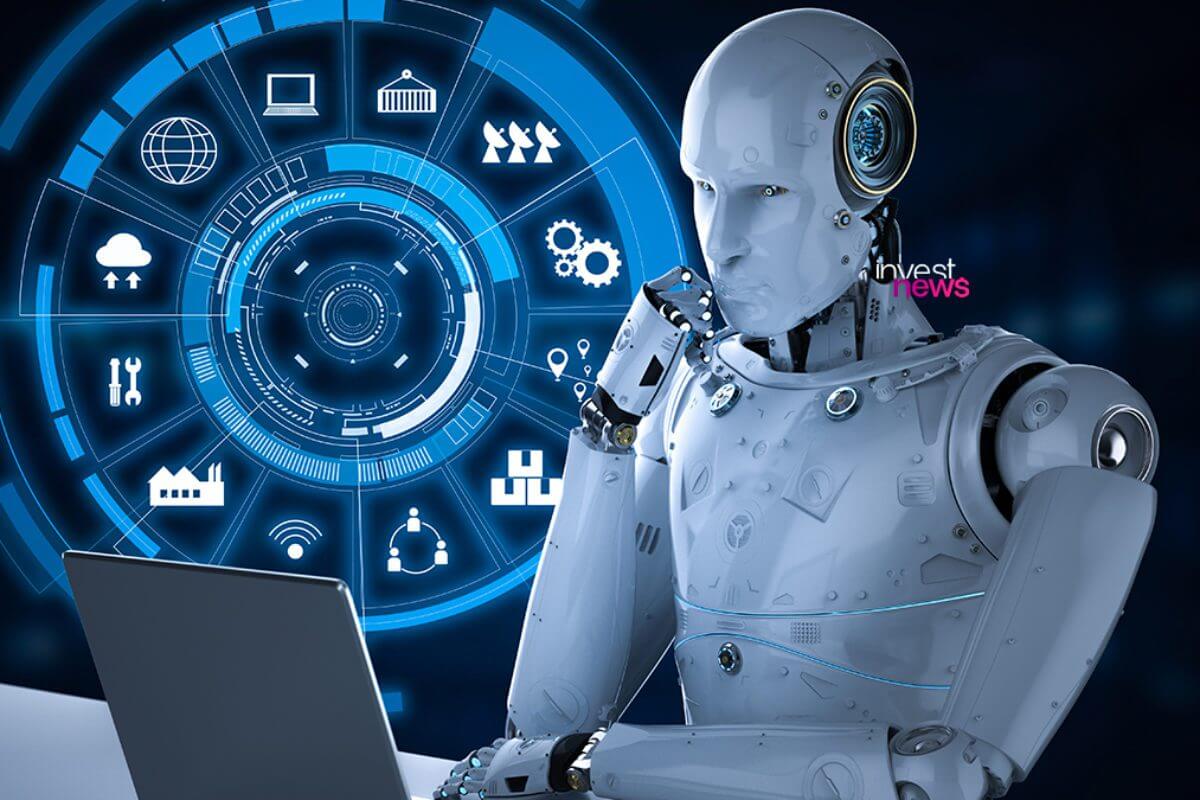Artificial intelligence (AI) is one of the most impactful technologies of the 21st century, promising to revolutionize every aspect of human life, from the way we work and communicate to how we care for our health and the environment.
In this article, we will explore the fundamentals of artificial intelligence, its applications in various sectors, and the ethical and social challenges it presents.
What is Artificial Intelligence?
In simple terms, artificial intelligence refers to the ability of machines to perform tasks that would normally require human intelligence.
This includes skills such as learning, reasoning, problem solving, and understanding natural language.
AI is powered by complex algorithms and large data sets, allowing systems to learn patterns and make decisions based on that data.
Applications of Artificial Intelligence
Artificial intelligence is already present in several areas of our daily lives:
- Virtual Assistants: Like Apple's Siri, Amazon's Alexa, and Google Assistant, which answer questions, perform simple tasks, and control smart home devices.
- Health: AI systems are used to diagnose diseases, personalize medical treatments, and analyze large sets of data to discover new drugs and therapies.
- Finance: In financial institutions, AI is used to detect fraud, predict market trends, and optimize investment portfolios.
- Manufacturing: In industry, AI is employed to optimize production processes, predict equipment failures, and improve overall efficiency.
- Transport: In autonomous vehicles, AI is fundamental for perceiving the environment and making decisions in real time, increasing road safety.
Ethical and Social Challenges
Despite the numerous benefits of artificial intelligence, there are also significant concerns about its impact on society:
- Digital Inequality: Not everyone has equal access to technology, creating digital disparities that can widen social divisions.
- Technological Unemployment: AI-driven automation could lead to the replacement of human jobs with machines, requiring massive reskilling of the workforce.
- Biases and Discrimination: AI algorithms can reproduce and amplify existing biases, leading to discriminatory decisions in areas such as hiring, lending and criminal justice.
- Privacy and Security: The massive collection of data to power AI systems raises concerns about privacy and security, especially when this data is misused or leaked.
The Future of Artificial Intelligence
Despite the challenges, the transformative potential of artificial intelligence is undeniable.
To ensure it benefits society as a whole, it is crucial to proactively address ethical and social issues. This includes developing robust regulations, promoting algorithmic transparency, and investing in education to empower people to work alongside AI.
In conclusion, artificial intelligence is a powerful tool that is shaping the world in unimaginable ways. By harnessing its potential while mitigating its risks, we can create a more prosperous and equitable future for all.
Conclusion
Artificial intelligence is radically transforming the way we live, work and interact with the world around us. Its benefits are vast and varied, but we also face significant ethical and social challenges that require careful attention. By facing these challenges head-on and promoting the responsible use of AI, we can reap the rewards of a smarter, more inclusive society.

